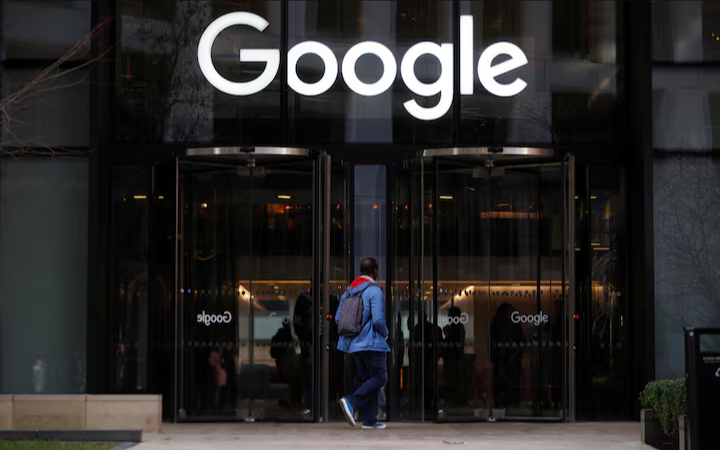In a significant legal development, Google is facing a class action lawsuit in the UK, which could result in damages of up to £5 billion ($6.6 billion) for allegedly abusing its dominant position in the online search industry. The lawsuit, filed at the Competition Appeal Tribunal on Tuesday, accuses the tech giant of stifling competition and charging higher prices for advertisements in online searches due to its monopolistic behavior.
The Allegations: A Monopoly in Online Search
The class action, initiated by competition law expert Or Brook on behalf of thousands of UK businesses, claims that Google’s dominance in the online search market has led to inflated advertising costs. The lawsuit contends that Google secured its market position by contracting phone manufacturers to pre-install Google Search and the Chrome browser on Android devices. Additionally, Google reportedly paid Apple to make its search engine the default on iPhones, effectively sidelining competing search engines.
These actions, according to the claimants, were part of a strategy to suppress competition and maintain control over the advertising space, which in turn allowed Google to charge exorbitant prices for ads. The lawsuit argues that Google’s search engine has been given superior functionality and more features compared to its competitors, further reinforcing its monopoly and making it nearly impossible for businesses to opt for alternatives.
Google’s Response: A Denial of Wrongdoing
In response to the lawsuit, Google dismissed the claims as “speculative” and “opportunistic.” A spokesperson for the company stated that it would vigorously defend itself against the accusations, arguing that users and advertisers choose Google because its services are helpful, not because there are no alternatives. Google maintained that the competition is alive and well, and that its dominance in the market is a result of offering a superior product.
The Bigger Picture: Impact on Businesses and Consumers
Or Brook, representing the businesses filing the lawsuit, countered Google’s defense, asserting that companies have little choice but to use Google’s advertising platform.
She emphasized that securing a spot on Google’s search engine’s top pages is essential for business visibility, and the inflated advertising prices significantly harm businesses. The lawsuit suggests that businesses are overcharged because of Google’s monopoly in search advertising, making it difficult for competitors to thrive.

The lawsuit follows the ongoing scrutiny of Google’s practices by regulators worldwide. In January, the UK’s Competition and Markets Authority (CMA) launched an investigation into Google’s search services and their impact on the advertising market.
The CMA highlighted that Google’s search engine accounts for 90% of all searches in the UK, with over 200,000 UK businesses relying on its services for advertising. Given the sheer scale of Google’s influence, any potential ruling in favor of the businesses could lead to massive shifts in the online advertising landscape.
What’s Next: The Legal Battle Ahead
As the case unfolds, it could mark a significant moment in the ongoing battle against tech monopolies. The outcome of the lawsuit could have far-reaching implications for Google’s business model and the future of online advertising. If successful, the lawsuit could prompt changes to Google’s market practices and lead to greater competition in the search and advertising industries.
This legal case comes at a time when tech giants are increasingly facing global antitrust scrutiny, with regulators in Europe, the US, and other regions taking a closer look at how these companies maintain market dominance. For now, all eyes will be on the UK court as the class action proceeds.



